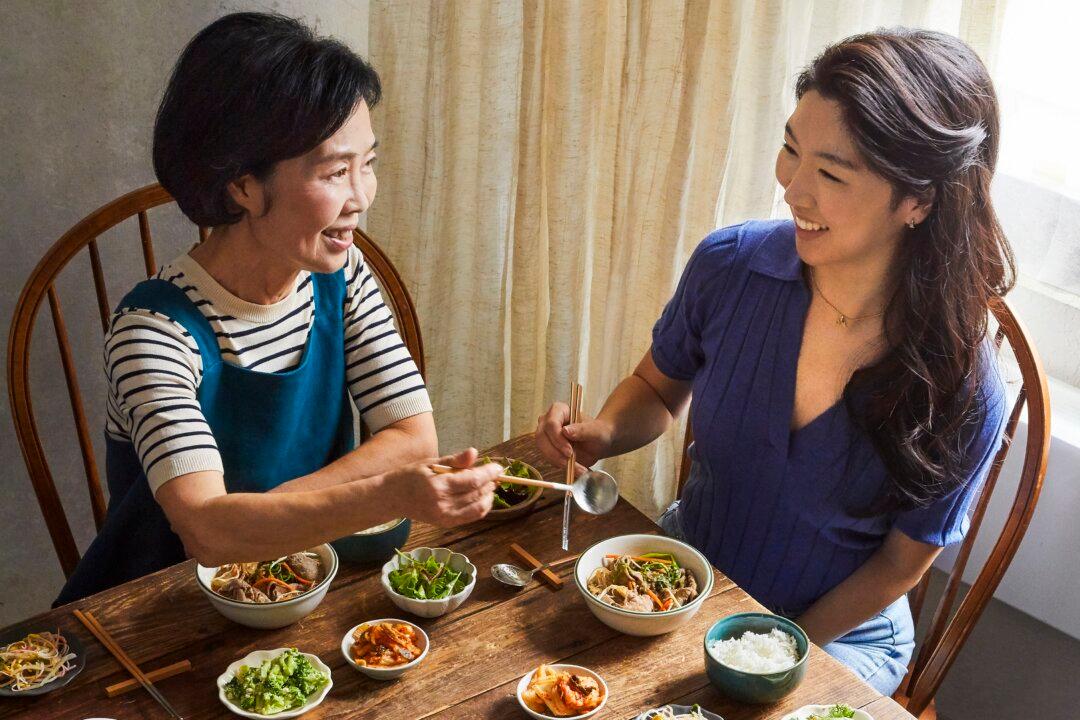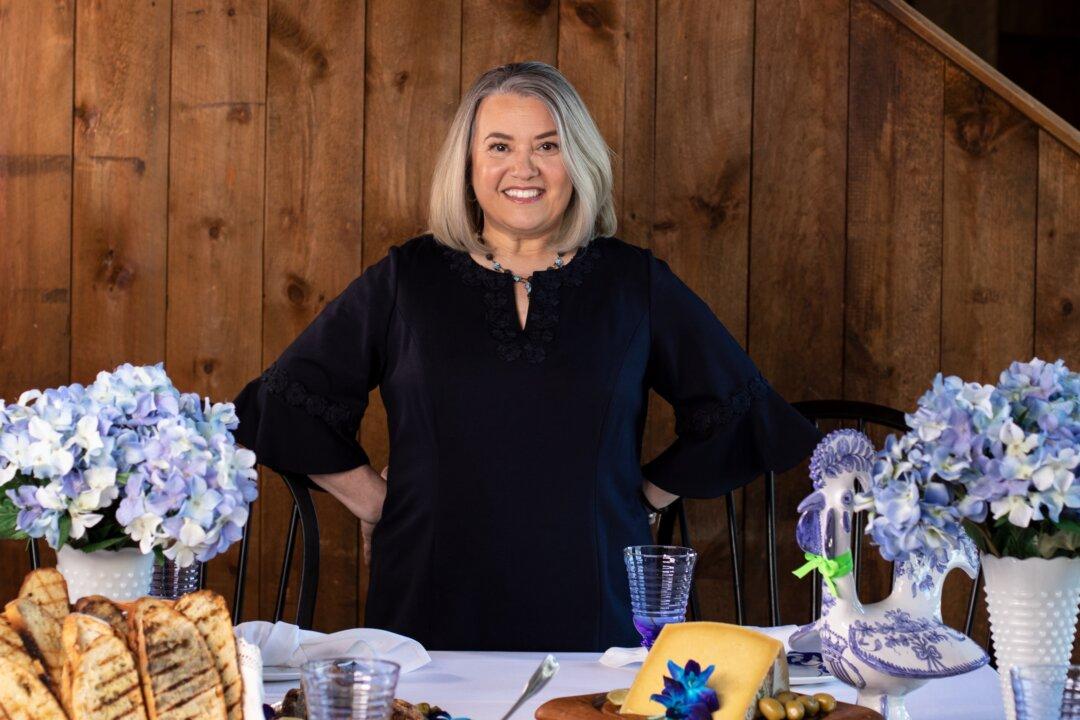The summer I turned 13, my parents put me on a plane and sent me across the Atlantic for a week at my grandparents’ bungalow in Haddenham, England. I was thrilled: as one of four children and nine grandchildren, one-on-one time with my grandparents was hard to come by. I would have an entire week of my grandma’s cooking and my granddad’s stories.
Their bungalow was a sturdy house, with a warm spot on the carpet that always caught the sun and a stone garden wall that dated back to the 1500s. Every morning, we had homemade bread on the back patio next to the fish pond, and every evening, we had ice cream and watched their favorite BBC show. We fed the ducks in Ely, a town about 10 minutes from Haddenham; visited cathedrals; ate fish and chips next to the river; and went to the National Stud Farm, which, as an avid horse rider, was a real treat. But my very favorite day was when we made the drive to southeast England to visit Dover Castle.





